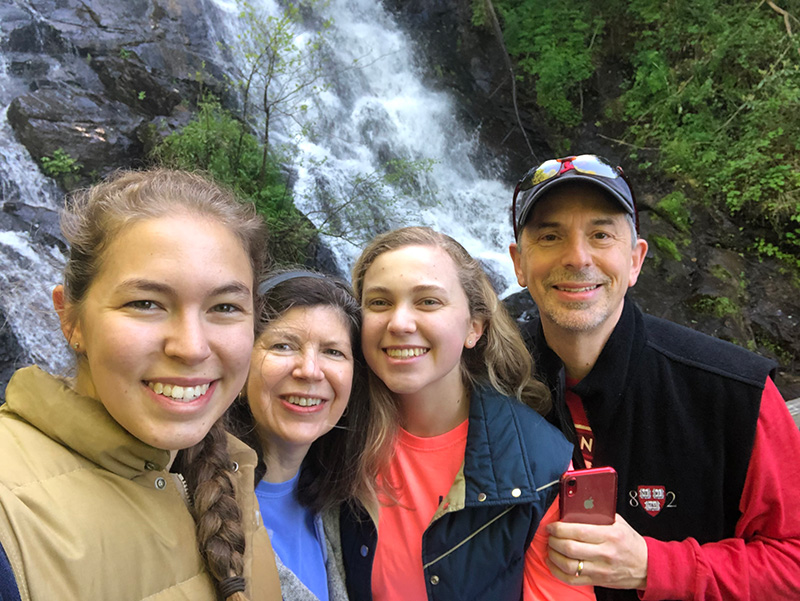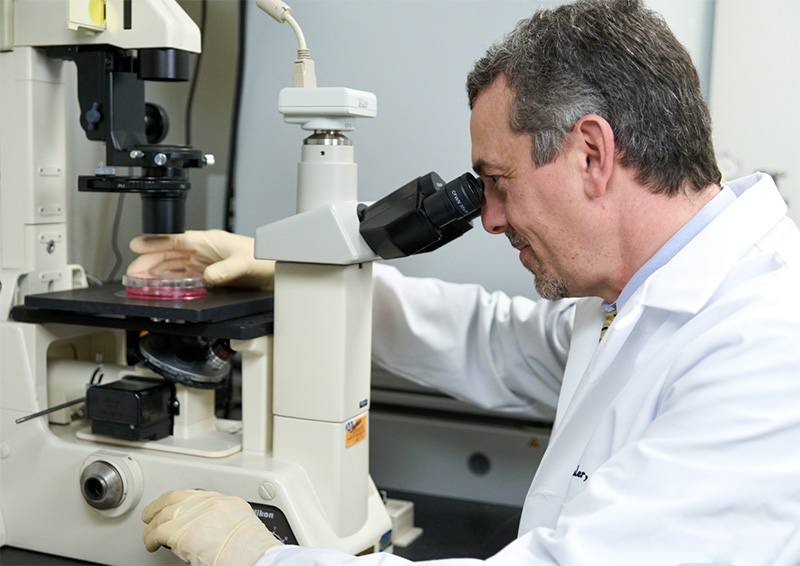Pediatric cancer continues to be one of our society’s biggest foes, impacting an incredibly vulnerable population. Unfortunately, minimal federal funding is directed to pediatric cancer research, meaning organizations like the V Foundation are crucial in helping to support investigators who are focused on childhood cancer. Understanding what causes pediatric cancers is challenging, leading many researchers, like Dr. Wechsler, to delve deeply into understanding the biology of these cancers.
“In the U.S., there are around 1.7 million new diagnoses of cancer. In pediatric patients, that number is only about 15,000-16,000. It is a small number, relatively speaking, but for the patients and families who are affected by it, it’s 100%.
“We really need to do more to understand and then develop new treatments to help cure these patients. Anything we can do to lessen the burden on these patients and their families is going to be really critical.”
Dr. Wechsler is thankful for the V Foundation’s continued investment throughout his career. He’s received four pediatric-focused grants in his career from the V Foundation, beginning in 2012. Now, he’s a veteran researcher in the field and enjoys leading and mentoring the next generation of cancer researchers. He also serves as a pediatric grant reviewer for the V Foundation, helping identify the best pediatric-focused projects for the V Foundation to fund in the future.
“The V Foundation has been committed to supporting pediatric cancer research for many years. There are new initiatives now that are even larger in their efforts to combat pediatric cancer. I’m proud to be associated with grant reviews of pediatric cancer research supported by the V Foundation.”






